
Google Chrome is getting a redesign. See how it will change.
Google Chrome is celebrating its 15th birthday in style. To celebrate this milestone, Chrome is
2023-09-07 23:49

Lensbaby Double Glass II Review
The Lensbaby Double Glass II ($199.95) is an update to one of the original Optic
2023-06-01 02:45

Revvity Unveils Several Next-Generation Preclinical Imaging Technologies to Help Scientists Drive Breakthrough Discoveries
WALTHAM, Mass.--(BUSINESS WIRE)--Sep 5, 2023--
2023-09-05 20:27

Twitch: New feature helps turn stream clips into TikTok videos and YouTube shorts
Twitch has launched it's new feature where users can turn landscape clips into vertical videos
2023-05-12 16:59

US probe opened over Harvard's 'legacy' admissions policy
The US Department of Education has opened a civil rights investigation into Harvard University's policy of giving family members of former students and donors preference...
2023-07-26 09:27

Get a certified refurbished Kindle for 38% at Amazon
Save $90: As of June 27, the ad-supported Certified Refurbished Kindle Oasis is on sale
2023-06-28 00:47
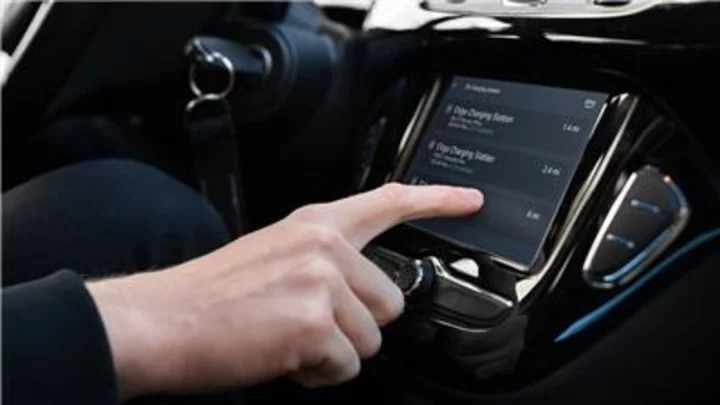
EVgo and Amazon Launch Seamless EV Charger Navigation Experience with Alexa
LOS ANGELES--(BUSINESS WIRE)--Aug 31, 2023--
2023-08-31 19:26
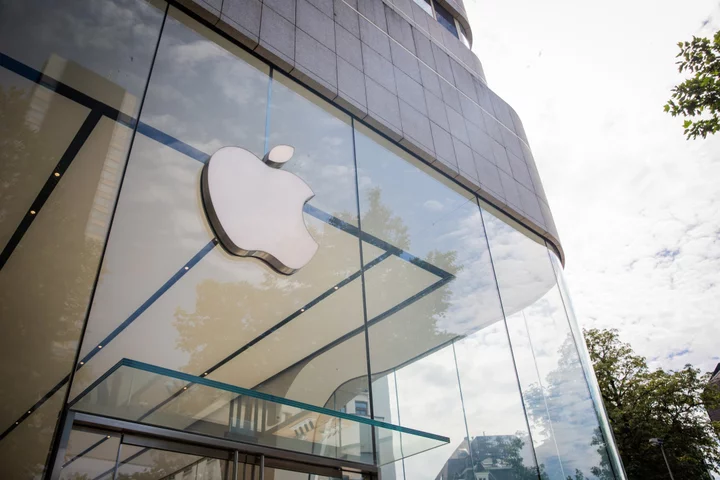
Man allegedly stole entire source code of Apple's self-driving project
A former Apple engineer has been charged with stealing trade secrets, specifically concerning the company's
2023-05-17 22:58
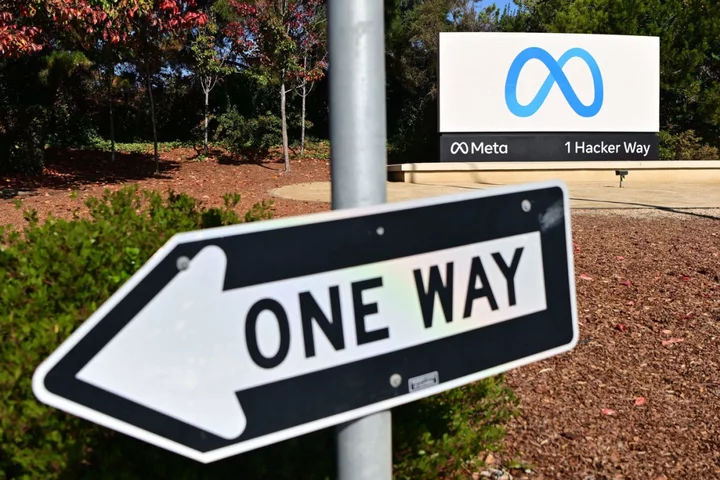
It’s Not Too Late: Here’s How to Get In on the $725 Million Facebook Settlement.
The deadline to claim a portion of the payout is Friday, Aug. 25, for U.S. Facebook users who were on the social media platform between May 24, 2007, and December 22, 2022.
2023-08-19 23:57

Much of Europe Faces Increasing Probability of Warm Winter
There is an increasing probability that Europe will experience a significantly warmer winter than usual, potentially reducing the
2023-10-10 21:58

Long-form video content is here to stay, says YouTube UK boss
YouTube’s UK and Ireland boss has insisted there will always be a future for long-form videos despite increasing competition from the likes of TikTok. Alison Lomax, who took on the post in January this year, told the PA news agency that YouTube is committed to a multi-format proposition, through its traditional longer videos as well as Shorts, launched in 2021 to draw back some of the audiences that had switched to short-form rivals such as TikTok. She said YouTube Music is rolling out its new podcast feature in response to increasing demand for podcasts from younger viewers, who she stressed are not turning their backs on longer-form content. Having launched in the US in April, it is now set to be unveiled in the UK by the end of the year, according to Ms Lomax. But it comes as TikTok continues to enjoy exponential growth, with mobile phone usage driving consumers towards short-form video. Speaking on the launch of YouTube’s latest UK impact report, Ms Lomax said: “Generation Z have really embraced the podcast, but they’re not 60 seconds.” She said in the future “there will still be a world for multi-format and you see that with creators”. “Just because you can create short form content, does not mean that they do. “People experiment with different formats.” (AI) is the buzz word of the year, but it's been part of what we are doing for many years Alison Lomax, YouTube UK and Ireland managing director The group, owned by Google parent Alphabet, said in its impact report that more than 45,000 full-time jobs were created among its creator economy in 2022, while its “creative ecosystem” contributed over £2 billion to wider UK economic output last year. The research, conducted by Oxford Economics, found that more than 65,000 creators and partners in the UK receive income linked to their YouTube presence, with over a third of British creators who earn money from YouTube saying it was their main source of revenue. Ms Lomax said recent developments in artificial intelligence (AI) were also presenting “real opportunities” for its creators. The group has been working with Google DeepMind, which is headquartered in Britain, to design AI solutions to create performance improvements on the platform for creators and viewers. Ms Lomax said YouTube has been using AI since 2017, including to help develop content moderation in the battle against misinformation, something that is becoming increasingly important in the area of health and in particular ahead of upcoming elections in the US and UK. She said: “(AI) is the buzz word of the year, but it’s been part of what we are doing for many years.” Echoing recent comments from YouTube chief executive Neal Mohan, she said the industry is “at a critical inflection point” with AI. “We need to boldly embrace it, but also by being mindful about responsibility.” YouTube recently announced an initiative that will see it partner with the music industry as artists face increasing challenges from the rise of AI technology. It has launched YouTube’s Music AI Incubator to help inform its approach to the technology, look at how it can enhance creativity and address issues. “We’re aware of the big opportunity but also we are aware of the downsides… we want to be part of the solution and the opportunity,” said Ms Lomax. The music initiative is the first of a number of YouTube announcements in the AI arena this year, she said, adding it is “something we’re thinking about very deeply for the ecosystem”. Read More Charity boss speaks out over ‘traumatic’ encounter with royal aide Ukraine war’s heaviest fight rages in east - follow live Robotic dog brought into survey historic Cold War weapons testing facilities Period and fertility tracking apps scrutinised over data security concerns Russian cyber-attacks ‘relentless’ as threat of WW3 grows, expert warns
2023-09-14 07:26
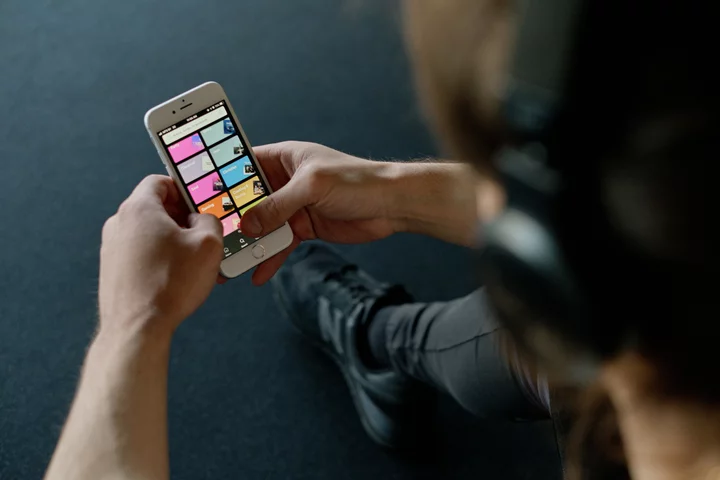
How to unblock Spotify for free from anywhere in the world
SAVE 49%: ExpressVPN can unblock Spotify from anywhere in the world. A one-year subscription to
2023-05-23 12:57
You Might Like...

Globe Group Revolutionizes Healthcare Access in the Philippines With Launch of Groundbreaking KonsultaMD SuperApp

Tristan Tate advocates for weapons training and funding to protect women, fans mock him saying 'charity that arms criminals sounds lit'

Panasonic Extends Heat Pump Production in Europe
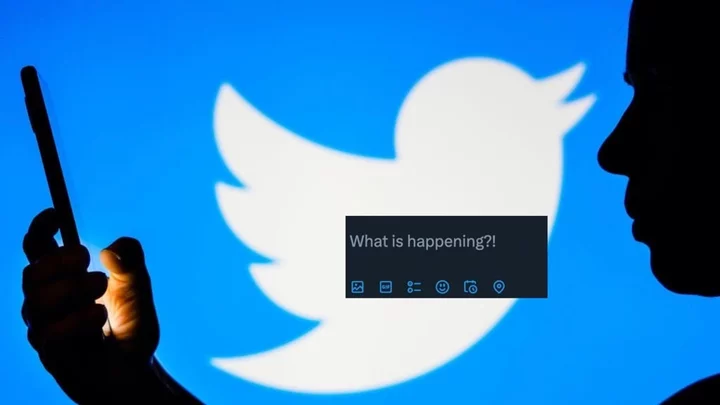
Twitter is screaming at you now!!!

Should You Tip Your Mail Carrier During the Holidays?

UAE Pledges $4.5 Billion to Help Finance Africa Climate Projects

How esports helped a snooker player go pro

8x8 Appoints Samuel Wilson as CEO
